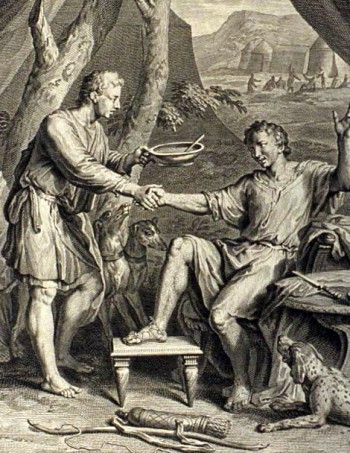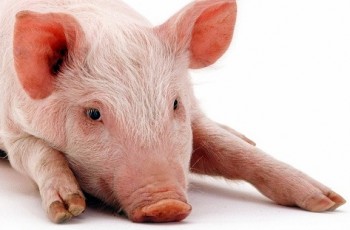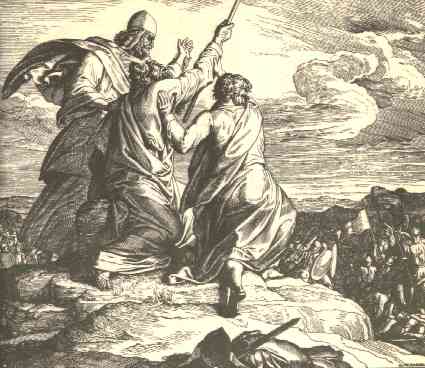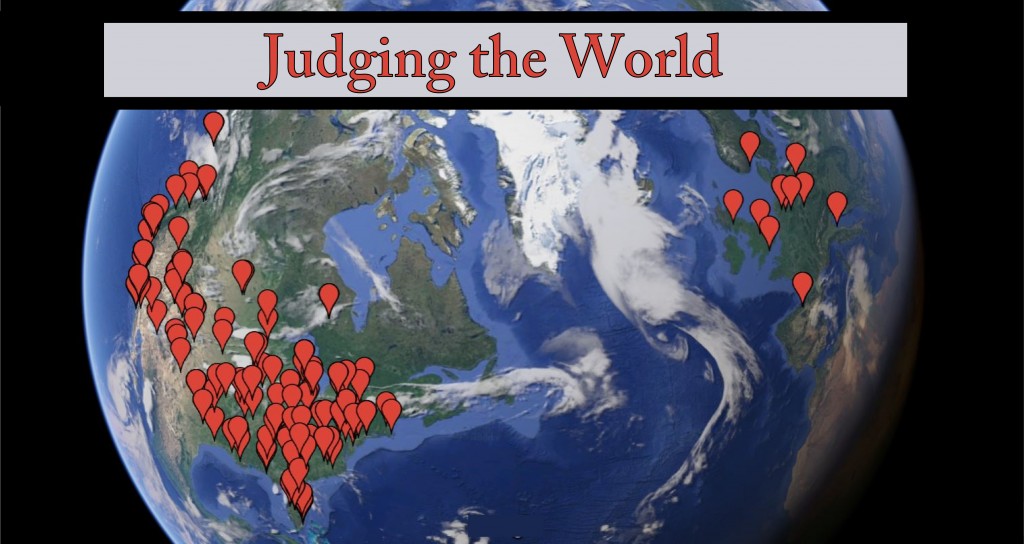Most people don’t realize that the twins, Esau and Jacob were born to become twin-leaders of the Nation of Israel.
Esau was intended to be the “King” and take care of the physical needs of the Nation, while Jacob was intended to be the “Priest” and take care of the spiritual needs of the People.
Each role was consistent with their true inner nature and personality. Esau was the crafty hunter, a man of the field who loved the pleasures of the material world. Jacob dwelled in his tent in an inner spiritual world of Torah study. (Genesis 25:27)
Torah Judaism is unique in that it demands us to not only find a connection to God through the wisdom of Torah, but it demands us to find God in the mundane events in our everyday material world. In fact seeing God in the physical world is a bigger challenge.
That message is what Esau was supposed to teach the People when he would become King and inherit the mission of the “family business” from his father Isaac. However Esau’s natural love and lust for the pleasures of the physical world eventually led him to see the material world as an end in itself, rather than a means to discovering God in the world. Esau’s skill at hunting was not limited to venison, but he became a hunter of people with his deceptive words. Eventually Esau tricked his father into thinking he was the honorable son willing to carry on Abraham’s mission, yet inside, Esav had no interest in continuing “the family business.”
This duplicity becomes abundantly clear when Esau returns home after a long day of bloody hunting. Jacob is preparing a pot of red lentil soup. According to Jewish tradition, round foods like hard boiled eggs or lentils are served as the first meal when mourners return from burying their dead. It comforts the mourners by reminding them that life is not linear and does not end with death in the physical world. The soul lives on for eternity with its Creator. The fact that Jacob was preparing lentils indicates that Abraham had died that day, and Jacob was preparing the meal for his father Isaac who was mourning his own father Abraham.
When Esau demands some of the “red stuff” (for which he gains the nickname Edom meaning “Red”) … it showed he had no concern for the family or its beliefs. The meal was meant to spiritually console his own father after the burial of his own grandfather! At this point, Jacob understands that Esau has no interest in eventually taking on the responsibilities of the covenant of Abraham. Esau sees the soup as only soup, not as a tool to connect to God and eternity.
“Sell me your birthright for the lentil soup,” offers Jacob.
“What do I need the birthright for? I’m eventually going to die,” counters Esau.
For Esau there is no spiritual eternity, only the pleasures of this world that end with death.
***
Once Jacob had secured the firstborn rights from Esau, the natural consequence was to get the associated firstborn blessings from his father Isaac. Isaac has been blinded by Esau’s deception and did not see what Rebecca saw. Esau pretended to be one thing, when in reality he was another. Rebecca and Jacob set up a plan to secure the firstborn blessings over the Land of Israel without having to confront Isaac directly about it. Using Esau’s own tactics against Esau, Jacob dressed up pretending to be one thing (Esau) when in reality he was another (Jacob).
Esau eventually discovers that Jacob had received the blessings over the Land of Israel and was outraged. Dwelling in the Land of Israel was contingent on accepting the responsibilities of the covenant of Abraham. Now that he had sold the firstborn rights and despised the covenant, Esau would no longer be master of the physical Land of Israel and its physical blessings. He would become a servant to his younger brother, and need to find another land!
“Do you only have one blessing? Bless me also father,” pleads Esau.
And Isaac responds by giving him a blessing, “Your dwelling place will be among the ‘fattest’ of lands”
The Midrash tells us that this is Italy (Italia). A land where the fruits and the oils will be among the most lush in the world.
***
The oral tradition equates Edom (Esau’s nickname) with Rome. And when you think of the best Olive Oil in the world, Italy immediately comes to mind. (Even though you should be thinking of olive oil from the Naphtali region of the Galilee)
So you can imagine the irony I felt when I read this CNBC news story while I was preparing this post on this week’s Torah portion.
Italy’s slippery ‘extra virgin’ olive oil scandal
It is perhaps Italy’s best-known export, but a number of Italy’s best-known olive oil producers are being investigated for fraud.
Italy’s anti-fraud police squad in Turin is examining whether seven well-known olive oil brands – Carapelli, Bertolli, Santa Sabina, Coricelli, Sasso, Primadonna and Antica Badia – have been selling lesser-quality virgin olive oil as “extra virgin” olive oil.
Here’s the full article on CNBC and another article on the scandal from The Guardian.
For some Italian producers, their purest extra virgin olive oil is really something else. Hmmmm. Looks ‘kosher’ on the outside, but it’s not on the inside.
Jacob represents the attribute of “Truth” and therefore it’s appropriate for him (as Israel) to lead the national mission and responsibility to bring the light of “Truth” (Torah) to the world. That can only be done when what’s on the outside is the same that’s on the inside.
Shabbat Shalom.






3 Comments
Anne Cavanaugh Marciano · November 13, 2015 at 4:51 pm
Shmuel and Chana! It is so amazing that the world events are reflected in the Torah portions. G-D is indeed enthroned above the heavens and the earth. However, I would never in a million years, have known this back story without your insight. Thank you for sharing these precious pearls! Shabbat Shalom 🙂
Galilee Green · November 14, 2015 at 6:07 pm
Thank you for your feedback Anne. There are so many subtle nuances in the Torah that we can miss them very easily and turn Jacob into a devious thief without appreciating the original hebrew and commentaries. Thanks for appreciating the post. — Shmuel
Della Senter · June 29, 2016 at 5:49 pm
Wow! Love this insight! Thank you. Sharing